Home » Explore the latest project news » Building networks of cities committed to transforming urban food systems
Building networks of cities committed to transforming urban food systems
The AfriFOODlinks city-exchanges
Municipal leaders from Niamey, Tunis, and Milan converged in Dakar from 8th to 12th January 2024, kicking off a dynamic week focused on boldly transforming urban food security and sustainability. The event marked the inauguration of the AfriFOODlinks city-exchange programme, sparking a process of mutual learning and collaboration among diverse cities.
Urban food systems across Africa, and the world, are failing to deliver positive health, economic and environmental outcomes. The urgency to rethink urban food systems globally is clear. With mounting challenges exacerbated by rapid urbanisation and climate change, local governments are stepping into pivotal roles in fostering resilient and inclusive food systems. There is a growing need for cities committed to addressing these challenges to come together and learn from one another’s best practices and past failures
"In an era of rapid urbanisation and increasing pressure on the complex infrastructures supporting urban food systems, collaboration and knowledge-sharing across borders have never been more important," remarked Luke Metelerkamp, coordinator of AfriFOODlinks.
The Dakar city-exchange, the first of 15 visits scheduled between January 2024 and September 2025, embodies AfriFOODlinks’ emergent peer-to-peer learning strategy. This strategy facilitates cross-continental collaboration, translating best practices into actionable solutions tailored to each city’s unique context. It is based on the premise that cities learn best from each other and, therefore, seeks to facilitate the exchange and dissemination of emerging insights. This is particularly apparent in the context of Africa where new and innovative solutions are being tested across the continent to drive contextually relevant, bottom-up change.
The exchange programme, encompassing virtual workshops, pilot projects, and most importantly in-person city exchange visits, serves as a catalyst for transformative change. Through knowledge sharing and seed funding the city-to-city programme contributes to bolstering global networks of local governments to inform policy and urban planning processes that promote food and nutrition security and environmentally sustainable practices.
One of the programme’s key objectives is to empower host cities to implement AfriFOODlinks-funded pilot projects, driving innovative approaches to urban food systems. These projects, developed collaboratively with local government focal points and other local actors, aim to catalyse lasting change beyond the programme’s duration, underpinning inclusive governance and informed decision-making processes. The city-exchanges are therefore instrumental in informing these real world interventions.
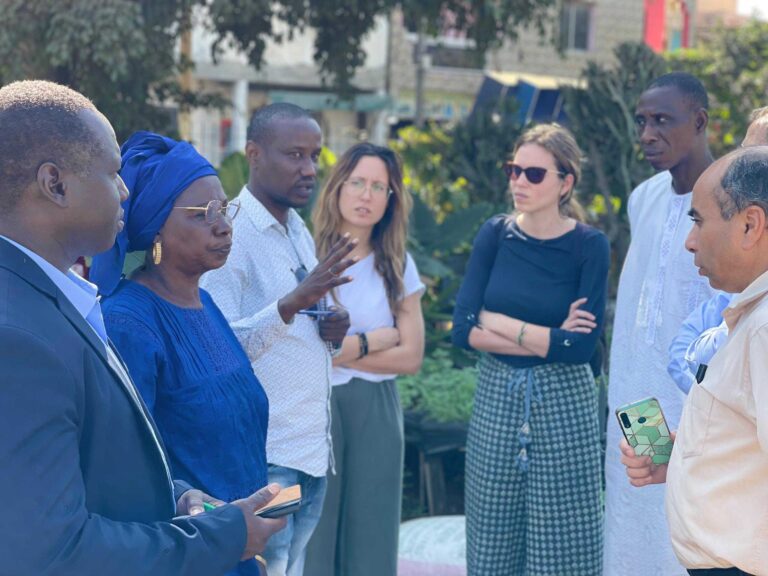
During the Dakar exchange, officials delved into topics ranging from public markets to urban agriculture, leveraging each city’s expertise to reimagine interventions for maximum impact. Mohammed Ndoye, a Dakar City Official, emphasised the transformative potential of collaborative efforts, highlighting the exchange as a stepping stone towards shared growth:
“The greatest value of the exchange lies in the creation of a space where city officials can think and express themselves creatively and outside of the boundaries of their specific ordinary roles. The fact that the visit is not an isolated experience, but part of a process, helps convey the idea of a shared growth, where the potential success of the pilot project in Dakar will be the result of a common effort” Mohammed Ndoye, Dakar City Official
Beyond strengthening inter-city linkages, the exchange galvanised cross-departmental collaboration within Dakar, highlighting the interconnected nature of food-related challenges. It also brought to light new connections with cities implementing similar solutions, paving the way for ongoing collaboration with neighbouring cities like Rufisque underscoring the programme’s ripple effect across communities.
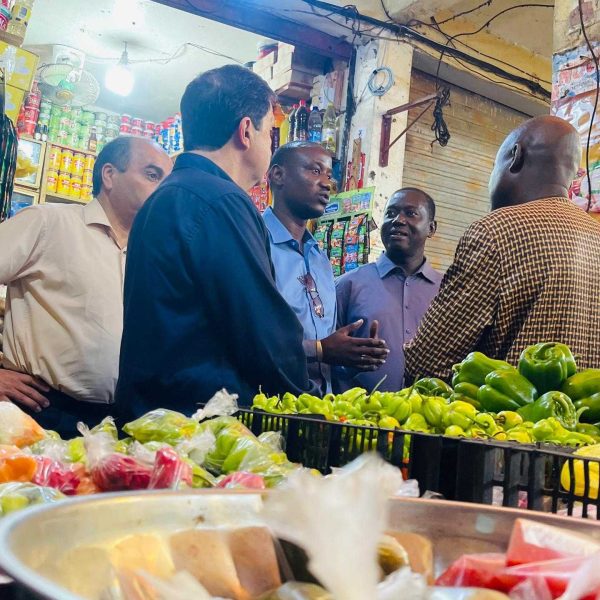
The momentum continued with the Antananarivo city-exchange from 5th to 9th February 2024, where officials immersed themselves in Madagascar’s diverse food systems landscape.The city and surrounding regions are highly vulnerable to climate hazards, which have perpetually jeopardised food and nutrition security. The exchange provided the visiting delegation a taste of Antananarivo’s unique food cultures and governance approaches, prompting rich dialogue and mutual learning across the participants.
From vermicomposting initiatives to multi-stakeholder platforms like SARU (Système Alimentaire de la Région Urbaine), Antananarivo showcased a wide range of solutions, sparking admiration and collaboration among visiting delegates. Mayor Zénon Karumba Chikuta of Bukavu received the city medal of Antananarivo, symbolising a bond built on mutual respect and cooperation.
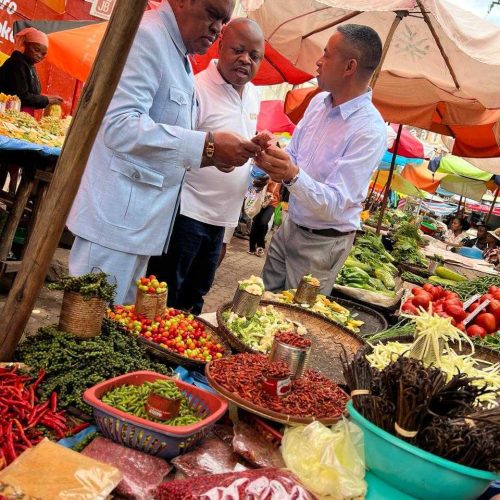
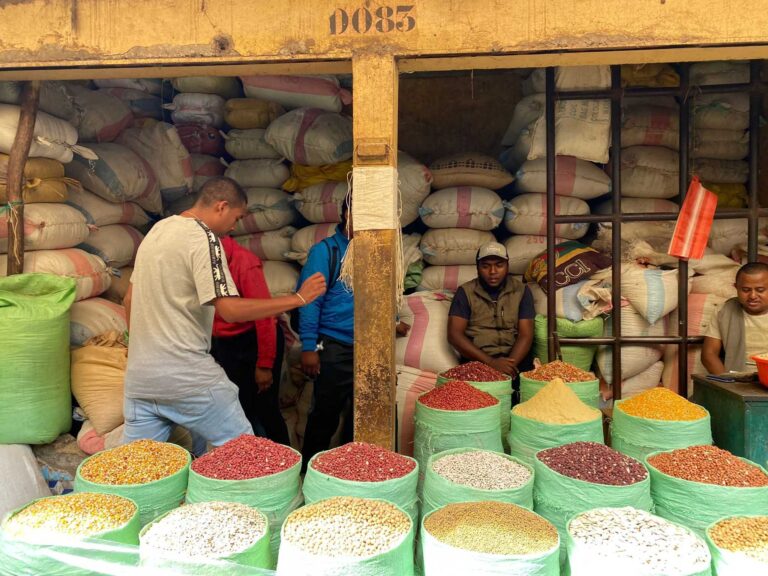
As the AfriFOODlinks city-exchange programme continues to unfold, with exchanges in Windhoek, Namibia and Quelimane, Mozambique coming up in the next month, it emphasises the power of collaboration and sharing experiences, in our vision of bold urban food systems transformation worldwide. By fostering partnership, innovation, and community engagement, these exchanges can work toward shaping a more sustainable and equitable future for all.
Interested in further discussions, emergent outcomes and learnings from the city exchange process? Detailed reports for each city-exchange coming soon! Follow the project on social media using the hashtag #AfriFOODlinks or sign up for our quarterly mailer.
Explore
"Governance"

Read more about
"Governance"
READ MORE
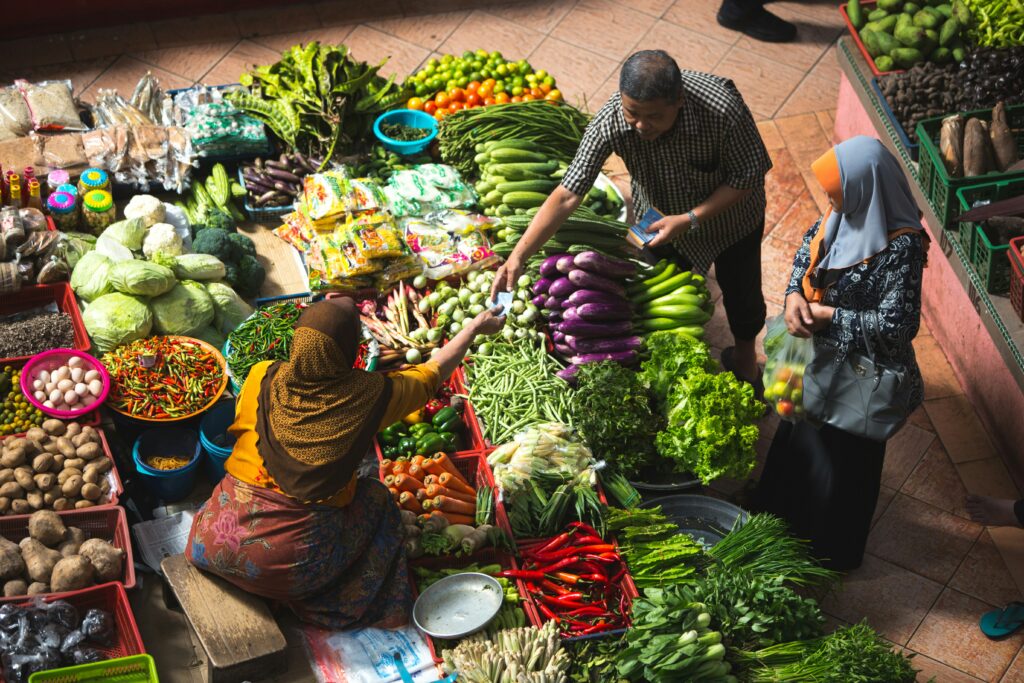
Why science, labelling and simplicity matter for food safety
In recognition of World Food Safety Day 2025, held on 7 June under the theme ‘Food Safety: Science in Action’, we explore how science is shaping the way we interpret and respond to food labelling and marketing. This reflection aligns closely with one of AfriFOODlinks core objectives: to promote sustainable, healthy diets and equitable food … Continued



